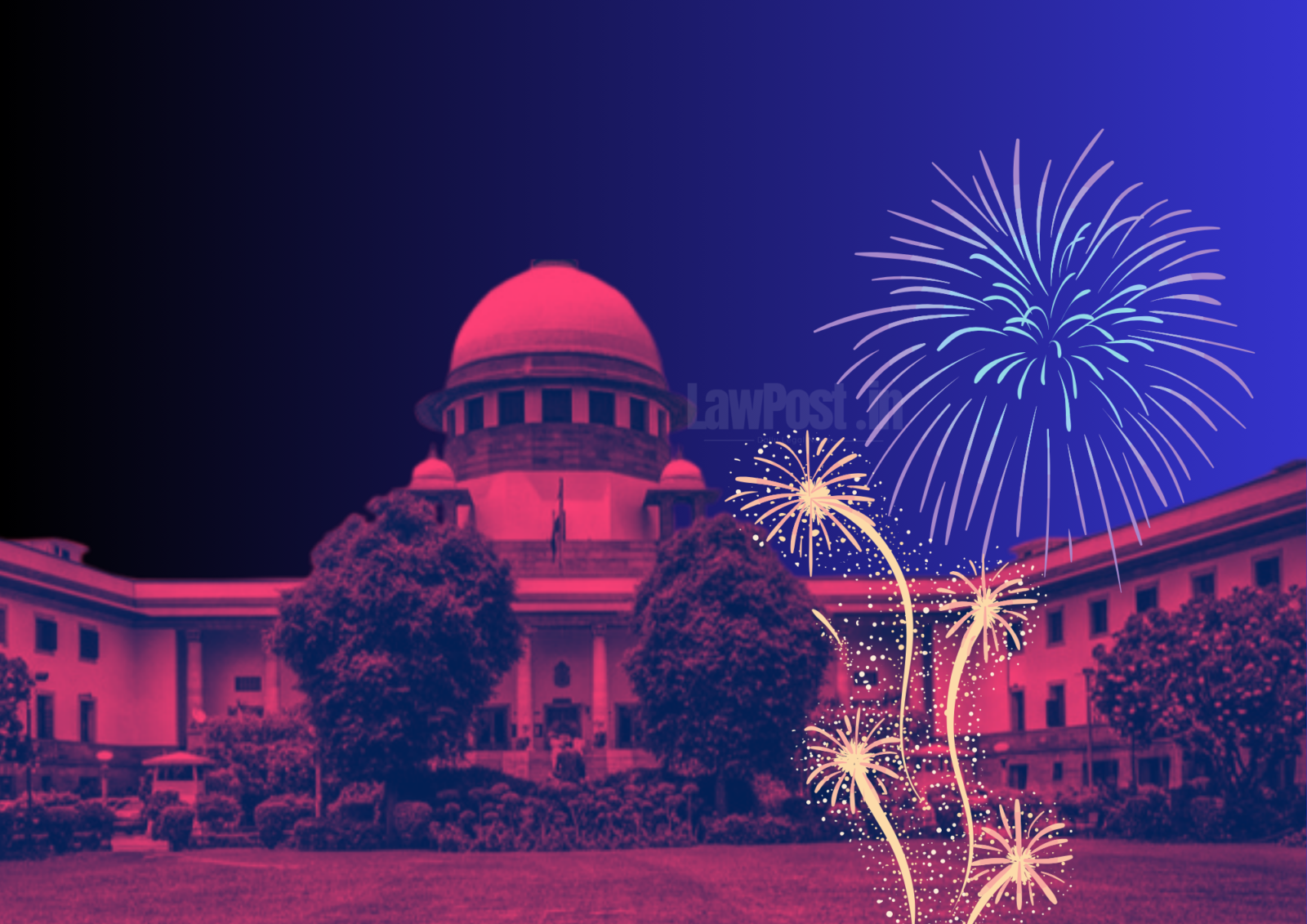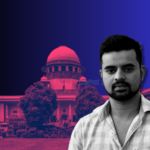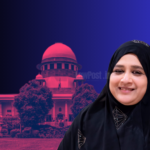In a decisive move to address the worsening air quality in Delhi, the Supreme Court on Monday reinforced the fundamental right to a pollution-free environment under Article 21 of the Indian Constitution. Emphasizing that “no religion encourages any activity that creates pollution or compromises health,” the Court directed strict measures to control firecracker use and stubble burning across the National Capital Region (NCR) states.
A Bench of Justices Abhay S Oka and Augustine George Masih expressed strong disapproval of the Delhi Police’s lax implementation of the firecracker ban during Diwali 2024, despite a complete ban issued by the Delhi government on October 14, which remains in effect until January 1, 2025. The Court stated that the ban was not communicated effectively to vendors, with Justice Oka noting, “The first thing the Delhi Police should have done is inform those with licenses.”
The Court directed Delhi’s Commissioner of Police to take immediate steps to enforce the ban and establish a dedicated task force to monitor compliance. The Delhi Police has been ordered to submit a personal affidavit outlining actions taken to implement the ban by November 25.
The Court questioned the Delhi government’s timing, wondering why the firecracker ban was delayed until mid-October, suggesting that many consumers may have already stocked up on firecrackers by then. The government, in response, indicated it would explore a ‘perpetual ban’ on firecrackers after consulting relevant stakeholders.
Addressing broader pollution sources, the Court also called on Punjab, Haryana, and Uttar Pradesh to present concrete measures to curb stubble burning, a significant contributor to Delhi’s annual winter pollution crisis. The Court highlighted the need for penal action, urging stricter fines for violations. Senior Advocate Siddharth Dave, representing a group of farmers, raised concerns that machinery necessary to prevent stubble burning had not been provided, but the Court dismissed the claim, emphasizing accountability for environmental harm.
The Supreme Court’s latest directive underscores the judiciary’s commitment to combating pollution through stringent regulation and the preservation of citizens’ right to clean air.








